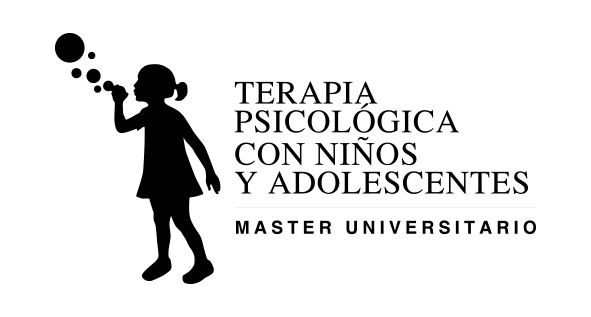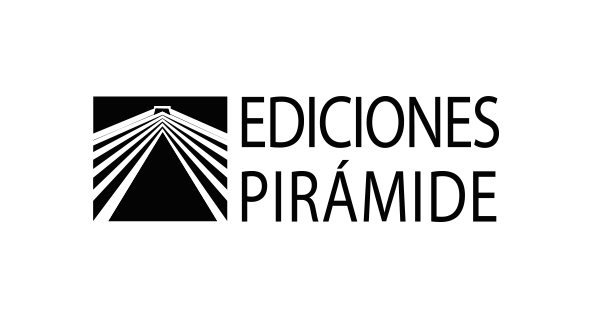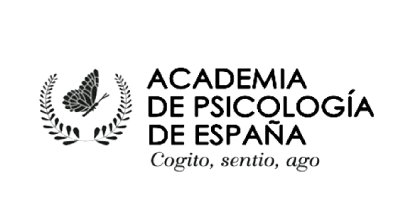Alicia Fernández-Zúñiga Marcos de León
Institute of Language and Development. I.L.D, Spain
Cognitive behavioural treatment programme for stuttering in children
Stuttering is a complex neurodevelopmental disorder. It is a speech difficulty and communication that manifests itself with alterations in fluidity in a discontinuous way depending on contextual and emotional factors. Stuttering has been found in 1% of the population, being higher in childhood (4%-5%). Its aetiology is not fully known but the disorder is considered multifactorial due to the involvement of different physiological, genetic and environmental factors. It generally starts between 2.6 and 4 years old, with great variability in its evolution, intensity and frequency, and may even disappear in the first few years. When the problem persists until school age, the alterations tend to become chronic, although the disfluencies continue to be intermittent, increasing stuttering in relation to stressful situations for the child. At this age, the child’s difficulties are not limited to speech interruptions. As the child has been stuttering for some time and has had negative experiences in communicating, different reactions related to lack of fluency appear: – behavioural (tension, effort when speaking, avoiding words or in communication situations, etc.); – cognitive (anticipation, insecurity, low confidence in communicating, etc.); – emotional (anxiety, shame, fear of stuttering, frustration, etc.) and – social (avoidance, withdrawal, etc.). The program for disfluent children from the age of 7, (based on evidence), proposes a comprehensive treatment of these alterations. It is based on cognitive and behavioural techniques, since the cognitive level of the child allows us to tackle the different factors of the disorder, understand them, reflect on them and be able to modify both their way of speaking and behavioural, linguistic, cognitive and emotional aspects in communicative situations. Also, acquire resources for social interaction with peers and adults and develop skills to solve difficult or conflictive communicative situations such as teasing.
Alicia Fernández-Zúñiga has a degree in Psychology and is director of the Institute of Language and Development (ILD) in Madrid. Alicia Fernández develops her activity in the clinical field, highlighting her experience in the diagnosis and treatment of language disorders, stuttering, communication, and learning. In addition, she has experience in the diagnosis and treatment of psychological and neuropsychological disorders in children and adopted children. She is an associate professor at the Autonomous University of Madrid and Coordinator of Child and Adolescent Consulting in the Applied Psychology Service of the same university. She was Advisory Member of the Research Institute IFIIE of the Ministry of Education for the “Study Project on Attention to Students with Dyslexia in the Spanish Educational System”, and of other associations (International Fluency Association -IFA-, National Stuttering Association; Madrid Association of Neuropsychology and Spanish Association of Speech Therapy, Phoniatrics and Audiology -AELFA-). In addition, Professor Fernández Zúñiga is the author of the following books: “Habilidades del terapeuta con niños y adolescentes”, “Tratamiento de la tartamudez en niños” (2 vols.), “Quiero adoptar” (Vol I.), “Después de adoptar” (Vol. II.), “Guía de Intervención logopédica en Tartamudez Infantil”, and “Tratamiento de la Tartamudez”, among others.













